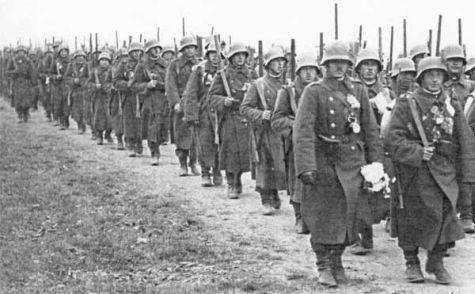Research & Studies

The article was written by Balázs Tangl, iASK researcher and was released in Hungarian Historical Review 11, no. 1, in 2022.
Abstract
One of the typical social consequences of the introduction of compulsory conscription and mass politics in nineteenth century Europe was the emergence of veterans organizations. This study examines the veterans’ movement in the territory of the Kingdom of Hungary between 1867 and 1914. While in Europe and Imperial Austria the widespread military veterans’ organizations were important actors in the relationship between the military and the civilian sphere and also in state policy, in Hungary their spread remained limited. However, their operation, specific ideology and also their reception in local society can provide important lessons about the impact of the military on society, and the forms and workings of loyalty and nationalism in Hungary. The study consists of two main parts. First, it examines the prevalence and main characteristics of the associations: where and when were they founded, for what purpose were they established, how the state treated them, what social groups did them consist of, and finally how did all this relate to the other half of the empire? The second part of the study presents the activities of veterans’ associations in Hungarian society by drawing on the example of town of Szombathely and Vas County in western Transdanubia. It analyses what activities did they perform in everyday life, what ideologies did they follow, how did they get involved in the life of the local society, and what was their reception in local civil society and administration?
Keywords: Austria-Hungary, Hungary, military veterans’ association, militarism, civil-military relation, veterans
You can read the full text article HERE.
© 2017-2023, All Rights Reserved